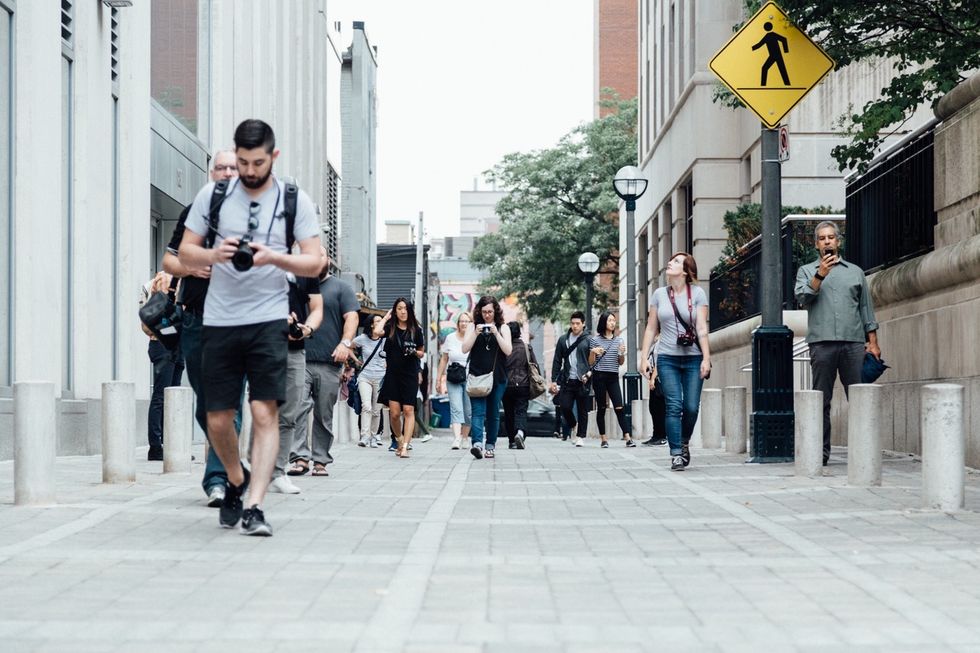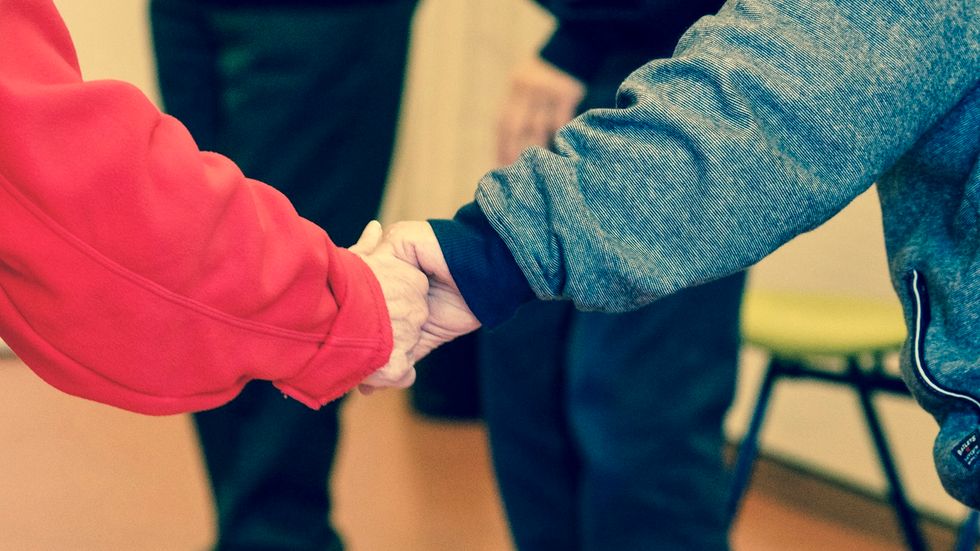The time has finally come. You are getting ready to graduate and dreaming of the perfect job. Some of you may already have sent out your resumes and even landed an interview. You are feeling pretty confident with your degree in hand.
Anyone who has been on an interview knows how nerve-racking it can be especially if you really want the job. Even so, you might be feeling pretty optimistic about the possibilities.Then you find yourself going from interview to interview and never get the job.You start to doubt yourself. What are you doing wrong? You go through the interview in your mind, overanalyzing everything you did and said to the point where you drive yourself crazy.
I have been there more times than I care to admit and even took advice from others like "fake it till you make it", but that was the worst advice I had been given when it comes to interviewing tips. In fact, it couldn't be further from the truth because no matter how good you are at faking it, your body language always tells the truth. More can be told about you through your body language than anything you say.
According to study body language , 93 percent of our communication is nonverbal. That’s right. No matter how good you are at talking or charming people, what your body is doing speaks louder, so use your body to your advantage. No, I’m not talking about flirting or trying to seduce your interviewer. I am talking about being aware of what you are feeling and how your body is reacting to it. Here are a few things you can do to help ensure your interview goes as best as it possibly can.
1. Handshake
Your handshake is the first impression you give at an interview. It is not just a greeting. It can say more about you than you ever realized. A weak, flimsy handshake can tell the interviewer that you may be shy and insecure. While being shy isn’t a bad thing, being insecure may tell the interviewer that you may not be able to perform the job as they would expect. Especially if it requires you to work with the public.
On the other hand, a strong aggressive handshake can tell a future employer that you are authoritative and may have trouble following the directions of your supervisor. Think about it. How many times have you shaken someone’s hand only to get the feeling that they were overbearing?
The same goes with a weaker handshake and feeling as though that person is weak. The best thing you can do is practice your handshake beforehand, and try to develop one that is inviting, yet not overbearing.
2. Posture
During the interview, you don’t have to sit at attention. It’s okay to lean in occasionally to show your interest. Just make sure that when you do it is a natural movement. Otherwise, it may look as though you are fidgeting having trouble sitting still.
3. Your arms
Your arms have a purpose, and it is not to remain crossed during your interview. It will be seen as negative and defensive. Think about people you may see when you are out. would you feel more comfortable approaching someone with their arms crossed or with them open?
Instead, try putting your hands in your lap, but be careful not to fidget with them. Fidgeting makes you look nervous. Try to keep your hands relaxed.
4. Eye contact
We can read so much about someone by looking into his or her eyes, so when you are at your interview, you want to be sure what is being read about you is confidence. Make sure that you use frequent eye contact. Looking away will make you seem insecure or leave the impression you have something to hide.
If you use too much eye contact it can make your interviewer uncomfortable and make you look a little creepy, so it is a good idea to practice beforehand to allow you to be more comfortable when the time comes for your interview.
5. Pay attention
I am one who tends to get lost in thought, especially when I am listening to someone. It is important to stay in the moment and not let yourself wander off so it does not seem as though you are not interested. You don't want to leave the impression that you are bored or rude. If you feel yourself wandering, get focused as quickly as possible. Sometimes even just sitting forward in your chair a little will help keep you focused.
Just remember, everyone gets nervous at interviews. Even the most confident people find themselves a little nervous. Practice these simple tips beforehand and you will be putting your best foot forward!

























